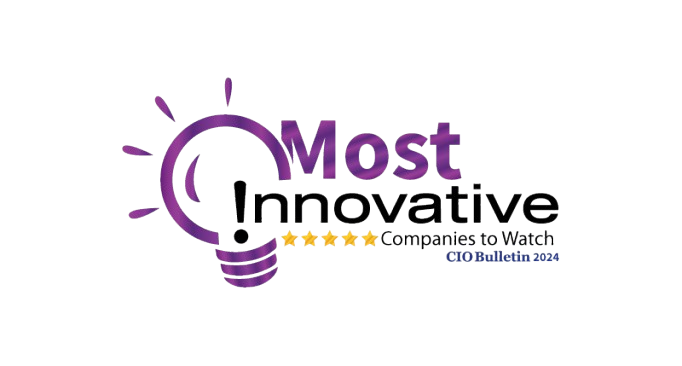Streamlining Business Processes: Exploring the Power of HubSpot Integrations
May 31, 2023
In today's interconnected digital landscape, businesses rely on various tools and platforms to manage their operations effectively. HubSpot, a leading CRM and marketing automation platform, offers a wide range of integrations that enable businesses to streamline their processes and enhance their productivity. In this blog post, we will explore the benefits and significance of HubSpot integrations, highlighting how they empower businesses to centralize data, automate workflows, and drive growth.
Centralized Data Management HubSpot integrations allow businesses to centralize their data by seamlessly connecting with other tools and platforms. Whether it's email marketing platforms, customer support systems, project management tools, or e-commerce platforms, integrating these systems with HubSpot ensures that all customer and prospect data is synchronized and accessible from a single location. Centralized data management enhances efficiency, eliminates data silos, and provides a holistic view of customer interactions.
Automated Workflows and Efficiency Integrations enable businesses to automate workflows and streamline repetitive tasks. By connecting HubSpot with other tools, businesses can trigger actions, send notifications, and update data automatically based on specific triggers or conditions. This automation saves time, reduces manual effort, and enables teams to focus on high-value activities. For example, integrating HubSpot with a project management tool can automate the creation of tasks when a new lead is generated, ensuring smooth collaboration between sales and project teams.
Enhanced Personalization and Customer Experience HubSpot integrations facilitate enhanced personalization and customer experience. By integrating with tools like CRMs, customer support systems, or survey platforms, businesses can access a wealth of customer data and leverage it to deliver highly personalized experiences. This includes targeted messaging, customized offers, and tailored recommendations based on individual preferences and behaviors. Such personalized interactions foster stronger customer relationships and increase customer satisfaction.
Seamless Sales and Marketing Alignment Integrations play a pivotal role in aligning sales and marketing efforts. By integrating HubSpot with CRM systems or sales enablement tools, businesses can ensure seamless data flow between marketing and sales teams. Sales representatives can access lead information, communication history, and marketing campaign data directly within their CRM system, allowing for more informed and productive sales conversations. This alignment enhances collaboration, improves lead nurturing, and increases conversion rates.
Comprehensive Reporting and Analytics Integrations enable businesses to leverage comprehensive reporting and analytics capabilities. By integrating HubSpot with data visualization tools or business intelligence platforms, businesses can create custom dashboards and reports that provide real-time insights into key performance metrics. This consolidated view of data allows for more accurate analysis, informed decision-making, and the ability to identify trends and opportunities for improvement across multiple systems.
Scalability and Growth HubSpot integrations support scalability and growth by adapting to changing business needs. As businesses evolve and require additional functionalities, integrations with specialized tools or industry-specific platforms can be seamlessly implemented. This flexibility ensures that businesses can continue to expand their capabilities, integrate new technologies, and support their growth trajectory without disrupting existing workflows.
Conclusion HubSpot integrations empower businesses to streamline their processes, centralize data, automate workflows, and drive growth. By integrating HubSpot with other tools and platforms, businesses can enhance efficiency, improve personalization, align sales and marketing efforts, access comprehensive reporting, and scale their operations. Leveraging the power of integrations allows businesses to optimize their use of HubSpot and create a seamless ecosystem that supports their unique goals and requirements. As businesses continue to embrace digital transformation, HubSpot integrations provide the foundation for success in a connected and data-driven business landscape.
Featured Resources
Check Our Latest Resources

Proven ROI has been recognized as one of the Most Innovative Companies to Watch 2024 by CIO Bulletin—a testament to the company’s forward-thinking approach to CRM investments and strategic partnerships. By working closely with leading CRM platforms like HubSpot, Proven ROI is revolutionizing how businesses manage customer relationships, scale their operations, and drive growth.



